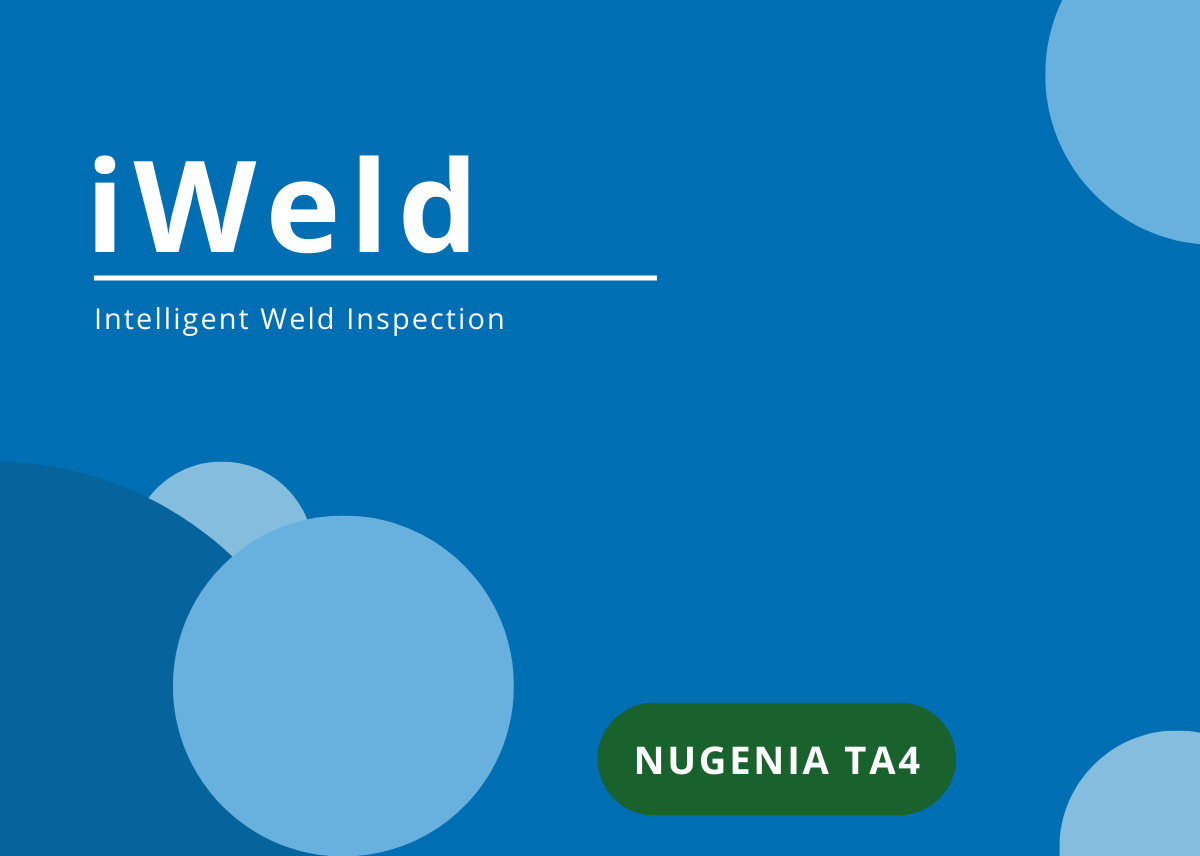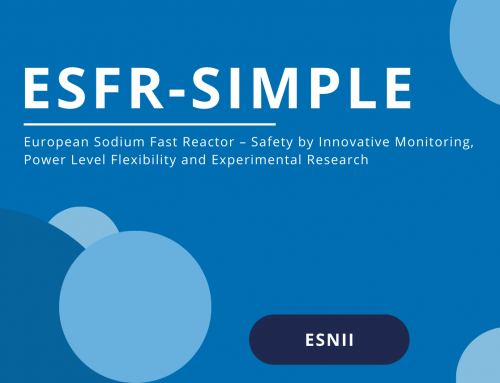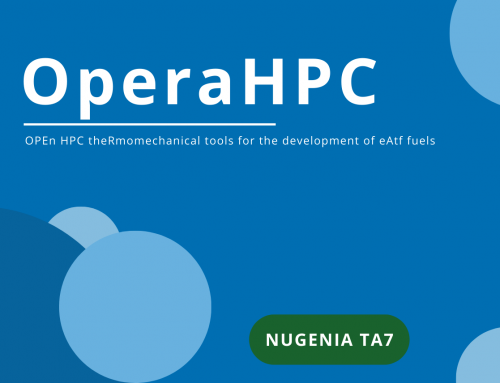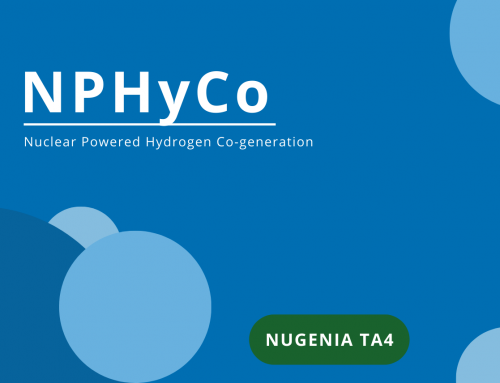
OBJECTIVES
The ambition of iWeld is to transform the practice of ultrasonic inspection of thick welds across several industry sectors, building upon recent advances in the nuclear energy context and the versatility of artificial intelligence. The key objectives are to
- Deliver a technique enabling a step-change in the reliability of heterogeneous weld inspection, by improving the understanding of the effect of the microstructure and its associated uncertainty on ultrasonic imaging, and by accounting for the uncertainty of the microstructure in imaging complemented by inversion algorithms.
- Develop a cross-sectoral weld library and a generic weld description underpinning any present and future work on NDT solutions relevant across multiple industries, built with the help of material solidification
- Deploy the intelligent inspection approach to challenging cases outside the nuclear sector.
- Raise awareness and compensate for experience gaps in ultrasound inspection of heterogeneous welds for various industries.

EXPECTED IMPACTS
We expect iWeld to educate the wider industry about the importance of good manufacturing practice to allow for in-service inspection and provide guidelines on the parameters needed to be recorded to enable a credible prediction of the macrostructure.
Assembling a database with all these relevant types, their dimensions, welding methods, tolerances, etc., can provide a unique reference for modelling supporting ultrasonic inspections. Based on that information, the project will create parametrized geometries and systematically study the effect of slight variations of parameters on ultrasonic images. Such an insight will notably enhance practice, setting the inspector’s expectations right and allowing for accounting for variability.

HIGHLIGHTS
To date, the potential of solidification simulations has not been exploited by the NDT community well enough. Relatively high complexity and the need for specialized materials science expertise built a barrier for embedding such work in ultrasonic testing. iWeld will employ artificial intelligence to provide an interface to complex physical modelling which relies on known and available input parameters but does not require solidification expertise. It is the first time such a tool will be developed, tailored (but not limited to) several industrial contexts.

PARTNERS
EDF/University of Southampton/ Imperial College London/ CEA/ Transvalor/ Universität Stuttgart/ Kaunas Technological University/ Extende

DURATION & BUDGET
10/2022 – 10/2026 4 years
1.9 ME

CONTACT

EVENTS
Kick off Meeting 18/19 10 2022

FOR DOWNLOAD

This project has received funding from the Euratom H2020 programme 2021 under grant agreement No 101061359.




